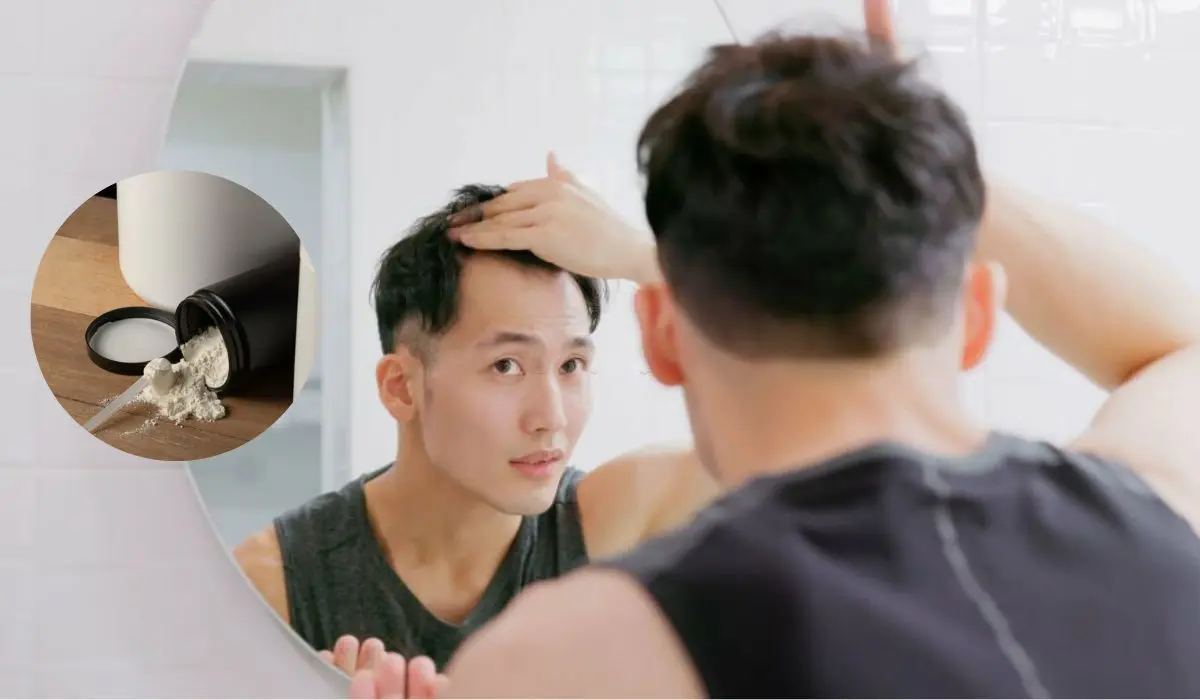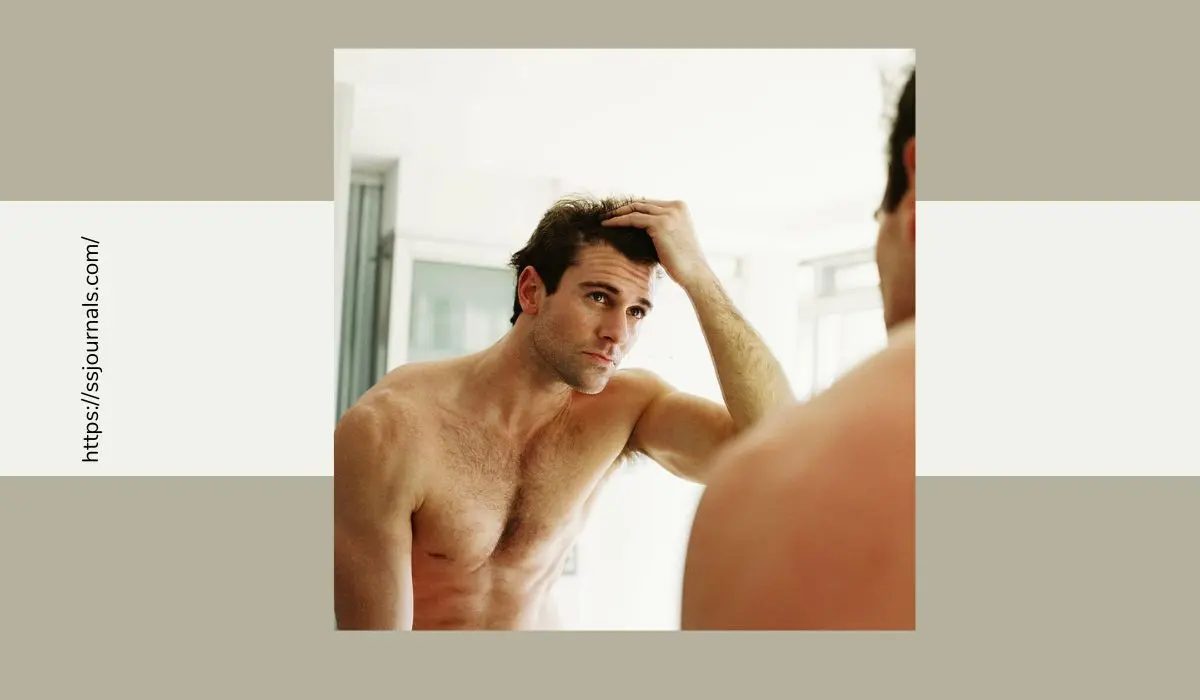Creatine is one of the most notable and celebrated supplements in the realm of fitness and performance enhancement. Creatine is well recognized and widely used because it adds strength, force, and muscular mass among athletes and people with physical fitness. However, as its popularity soars, so too do concerns and misconceptions, with one pressing question looming large: Does creatine cause hair loss?
Let’s come together to explore the innards of physiological mechanisms, review available literature, and expose the subtleties regarding creatine and its interactions with hair. Let’s unmask the nonsense, informing people properly so that they can make responsible decisions when choosing their way to fitness.
Does Creatine Cause Hair Loss?
Many stories have been generated due to the intersection between science and biology, like the rumor about creatine supplementation and hair shedding, which has sparked heated discussions around gym corners and on internet websites.

Thus, in this extensive investigation, we begin by examining the existing research to separate fact from fiction with the connection between creatine and hair health. Are there any solid scientific concerns behind such prevalent fears? Or should we accept the proven advantages of this sacred supplement without worrying about anything?
➜ Getting to Know Creatine
Creatine is an amino acid that is produced inside of our own bodies and can also be found in some food. It is a very important player in the energy game, especially during brief bursts of intense physical activity requiring the creation of adenosine triphosphate (ATP).
➜ The Link Between Creatine and DHT
Enter dihydrotestosterone (DHT), a hormone derived from testosterone and implicated in hair loss. The speculation arises that creatine might elevate DHT levels, potentially contributing to hair loss. However, these findings are very difficult to prove through science.
In a study, it was shown that the regular intake of creatine did not lead to an increase in DHT levels. This suggests that the fear of creatine-induced hair loss might be more fiction than fact, at least concerning this hormonal pathway.
➜Genes and Personal Nuances
Let’s acknowledge the uniqueness of each individual. Responses to supplements can be as varied as our genetic makeup. Hair loss often has roots in our genes rather than external factors like creatine. A study emphasized the role of genetics in hereditary hair loss, highlighting that environmental factors, including diet and supplements, usually play a secondary role.
➜ Taking a Holistic View
Beyond hormones and genes, consider the broader picture. Stress, nutritional imbalances, and hormonal fluctuations can all play roles in hair health. A holistic approach, including proper hydration, a balanced diet, and stress management, is key to overall well-being, impacting hair health positively.
Conclusion
In summary, the notion that creatine directly causes hair loss lacks robust scientific backing. Creatine, when used in moderation and as recommended, seems doubtful to be the sole malefactor of hair loss. It’s vital to consider one’s overall health, inheritable makeup, and life factors when exploring the reasons behind hair loss.
As with any life change, consulting healthcare professionals or nutritionists is wise. Explain the significance of a comprehensive approach to health, encompassing stress management, proper nutrition, and regular exercise. By dispelling myths and espousing a nuanced understanding of creatine, individuals can form informed opinions about their fitness and supplementation routines without gratuitous worries about their hair.
Eventually, the fear of hair loss should not overshadow the well-proven benefits of creatine, which include better athletic performance, increased muscle mass, and enhanced recovery. By understanding wisdom and embracing a balanced perspective, individuals can navigate the creative riddle confidently, enjoying its benefits without gratuitous enterprises about their cinches.
FAQ
Creatine is a natural emulsion set up in foods and made by our bodies. It’s a popular supplement known for boosting athletic performance, building muscle structure, and adding strength.
Fear not! There’s no solid evidence that creatine causes hair loss. This idea might have come from mixing up facts or confusing creatine with something else. Scientifically speaking, creatine supplementation is not tied to hair loss.
The scuttlebutt might have started due to the connection between creatine and dihydrotestosterone( DHT), a hormone linked to hair loss. But, rest assured, there is no believable evidence that creatine significantly increases DHT situations enough to lead to hair loss.
Up until my last update in September 2021, there’s no solid scientific evidence linking creatine to hair loss. Numerous studies have explored creatine’s effects, but none have shown a connection to losing those precious locks.
Creatine is your drill, chum! It’s known to ameliorate athletic performance, increase muscle power, and help with muscle growth. Plus, it’s got some brain-boosting benefits.
Related:

